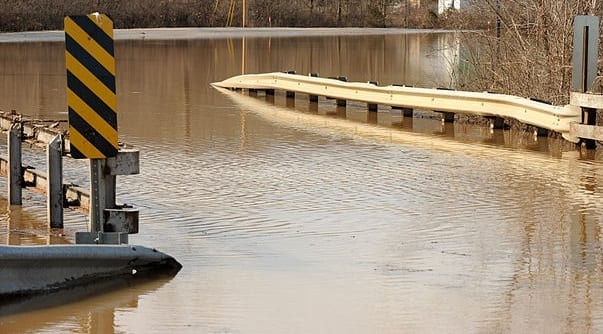The IBC has already issued a warning to insurers of the area that there will be many filings.
Following a tremendous sudden downpour in the city of Toronto in Canada, that flooded roadways, homes, businesses, subway stations, and even above ground trains, the Insurance Bureau of Canada (IBC) is warning insurers that the flood insurance claims will be many and costly.
The city has never before in recorded history experienced a storm like the one that struck on Monday.
In its history, only Hurricane Hazel, which struck in 1954, brought more rain from one system. That storm came with 122 millimeters over a period of more than 24 hours. This most recent flash thunderstorm struck Toronto with 95 millimeters or more of rain within a period of two or three hours. The flooding it caused will make flood insurance claims significant. Though by Wednesday, there were still 70,000 people in the city without electricity or who were experiencing rolling blackouts, so it is likely that the bulk of the claims won’t begin until power is restored.
 Hundreds of thousands of people in the largest city in Canada have flooded basements and will need flood insurance payments.
Hundreds of thousands of people in the largest city in Canada have flooded basements and will need flood insurance payments.
This was by far the worst storm in recent memory for the city, despite the fact that Toronto has been slammed with a large number of major downpours over recent years. However, it was the fury of this particular storm that made the difference. The downtown core had an average of 97 millimeters, whereas, outlying areas – such as Pearson International Airport – recorded over 125 millimeters during those short few hours.
That amount of water in such a short period of time will inevitably lead to flood insurance claims as businesses and homeowners alike find themselves dealing with cleanup. In 2005, a series of storms battered the entire southwestern Ontario – the province in which Toronto is located – bringing with them a total of 150 millimeters of rain. According to statistics from the IBC, adjusted to inflation, the flood insurance losses broke the $711 million mark and the record for the previous 20 years.
It remains too early to make any flood insurance payout predictions for this most recent storm.
